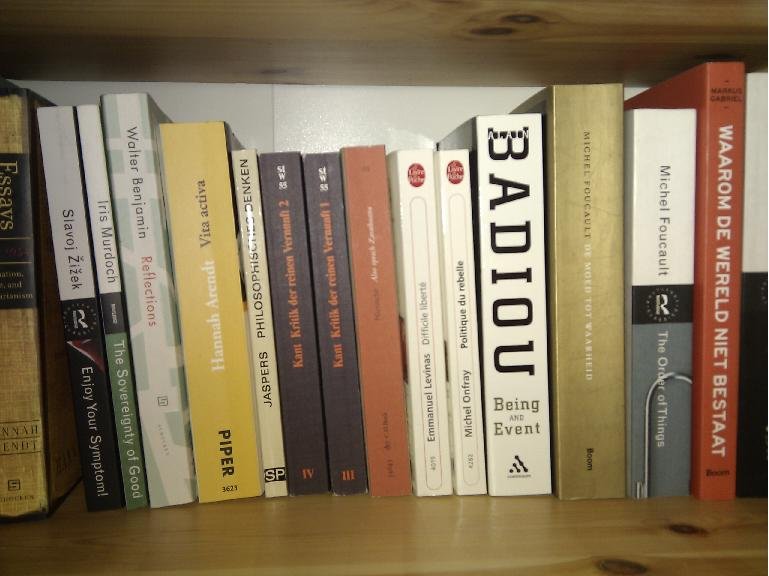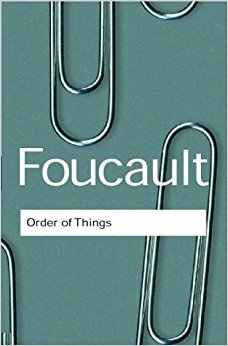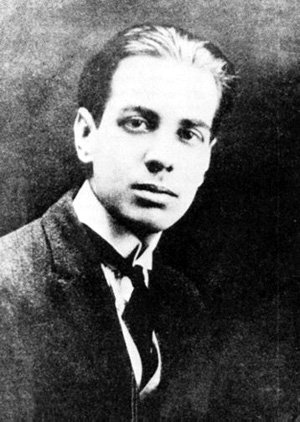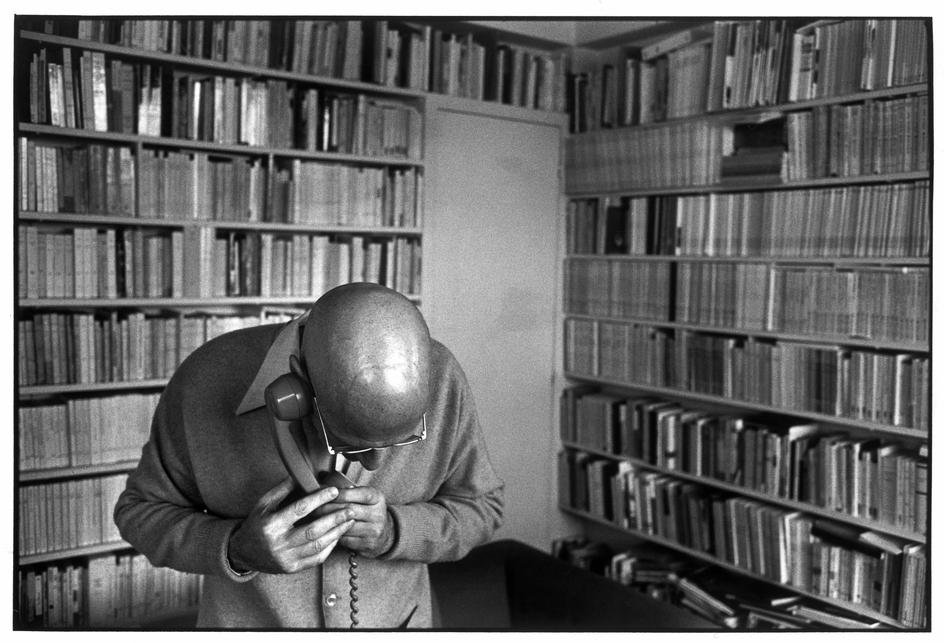The origin of the Idea of the BookChain #OneBookToRuleThemAll
Some time ago a friend asked 'What book has really changed your life?'. She asked several people, and asked them to explain why. I really liked this question, and she liked the answers because she then ordered all the ones that were mentioned. I am not sure that was wise, as the book I mentioned would not be the book I'd recommend to people to read per se. It is a profoundly personal question. The book that changes your life, may not be an interesting book for someone else. But hearing people talking about the book that did change their lives is extremely interesting. And talking to some people at @thewritersblock, the idea for a BookChain was born...
The Book that has really changed my life
The funny thing is, and I would like to hear if this is true for other people as well, is that I didn't have to think for one second when asked this question. Yes, when I start to think, there are several very influential books I could talk about. But there is only ONE #1 book that has changed my life.

For me, it is The Order of Things by Michel Foucault. The original French title (1966) is Les mots et les choses, but actually preferred the English title. I got it when I was browsing the philosophy section of the English book store in Amsterdam, knowing I wanted to buy one good book. I was to move to Israel for 1.5 years, and only allowed myself to pack one book. So it had better be a good one. I choose this book because something on the cover intrigued me, it said something like 'everyone should have this book on his shelve, but probably nobody will have actually read it'. That made me wonder.
The actual reading experience
It took me about ten years to read & somewhat understand this book. (See why I wouldn't per se recommend it to anyone?!) When I started reading it, I started a list of words that I didn't get. I thought it was me, that my English wasn't good enough. No. I still have trouble explaining the terms 'episteme' and 'archaeology of the present' to people. It wasn't me, it was Foucault trying to say something that wasn't said before.
So it took me a very long time to read it. And a very long time after that to be able to say what it's about. But it has influenced the way I look at things. Almost every conversation. I wish more people would read it, so I don't sound so strange to other people.
Why is it so important to me?

And then Foucault shows how with modernity, that completely changed. He starts with the basic revolution that the work by Immanuel Kant shows clearly: that instead of approaching the world as is, and that we simply need to accept our place in it, the individual human being becomes the centre of the universe. This influences everything. Drastically, beyond simply having a different perspective. It changes what we consider perspectives, what could make up a perspective.

Borges in 1921 (source: Wikipedia)
Celestial Emporium of Benevolent Knowledge
I will end this by giving you the quote from Borges, as it is both enlightening the point I tried to make, and is entertaining in its own right. Borges writes that this ancient Chinese Encyclopedia divided animals in 14 categories:
- Those that belong to the emperor
- Embalmed ones
- Those that are trained
- Suckling pigs
- Mermaids (or Sirens)
- Fabulous ones
- Stray dogs
- Those that are included in this classification
- Those that tremble as if they were mad
- Innumerable ones
- Those drawn with a very fine camel hair brush
- Et cetera
- Those that have just broken the flower vase
- Those that, at a distance, resemble flies
(Source: Borges, on Wikipedia)
Or, as Foucault opens his book:
"This book first arose out of a passage in Borges, out of the laughter that shattered, as I read the passage, all the familiar landmarks of thought—our thought, the thought that bears the stamp of our age and our geography—breaking up all the ordered surfaces and all the planes with which we are accustomed to tame the wild profusion of existing things and continuing long afterwards to disturb and threaten with collapse our age-old definitions between the Same and the Other."
Make of that what you want! It tells me to not be too convinced of my own 'order of things', and to question any order or reality, any truth, on this fundamental level. I guess you could say, that by reading this book, I found out I should be studying philosophy (instead of psychology and political science, in which I had just finished my BA at that moment).
And so I did study philosophy. Thanks, Foucault!

Foucault, from a different perspective. And his books in the background. What else?
Keep the BookChain growing
I hereby nominate the following writers to answer the same question:
Which one book changed your life?
@johnkingwriter
@multi4g
@tanglebranch
@therosepatch
The Rules...
Please use 'BookChain' to start your title and use #OneBookToRuleThemAll as a keyword, so we can find your post easily. And don't forget to nominate one to four other writers who you would like to ask the same question! Please mention this post, and all the posts before it, to build an actual chain of posts.
Looking forward to reading about the books that changed your life!
Also want to be nominated? Please let us know why in the comments below.
And many thanks for the people at The Writers Block for thinking along and setting up this BookChain.

